Transfer Success Stories
Here we present students and researchers of the University of Konstanz who have become self-employed, founded a startup or implemented a transfer project during or after their time at the university.
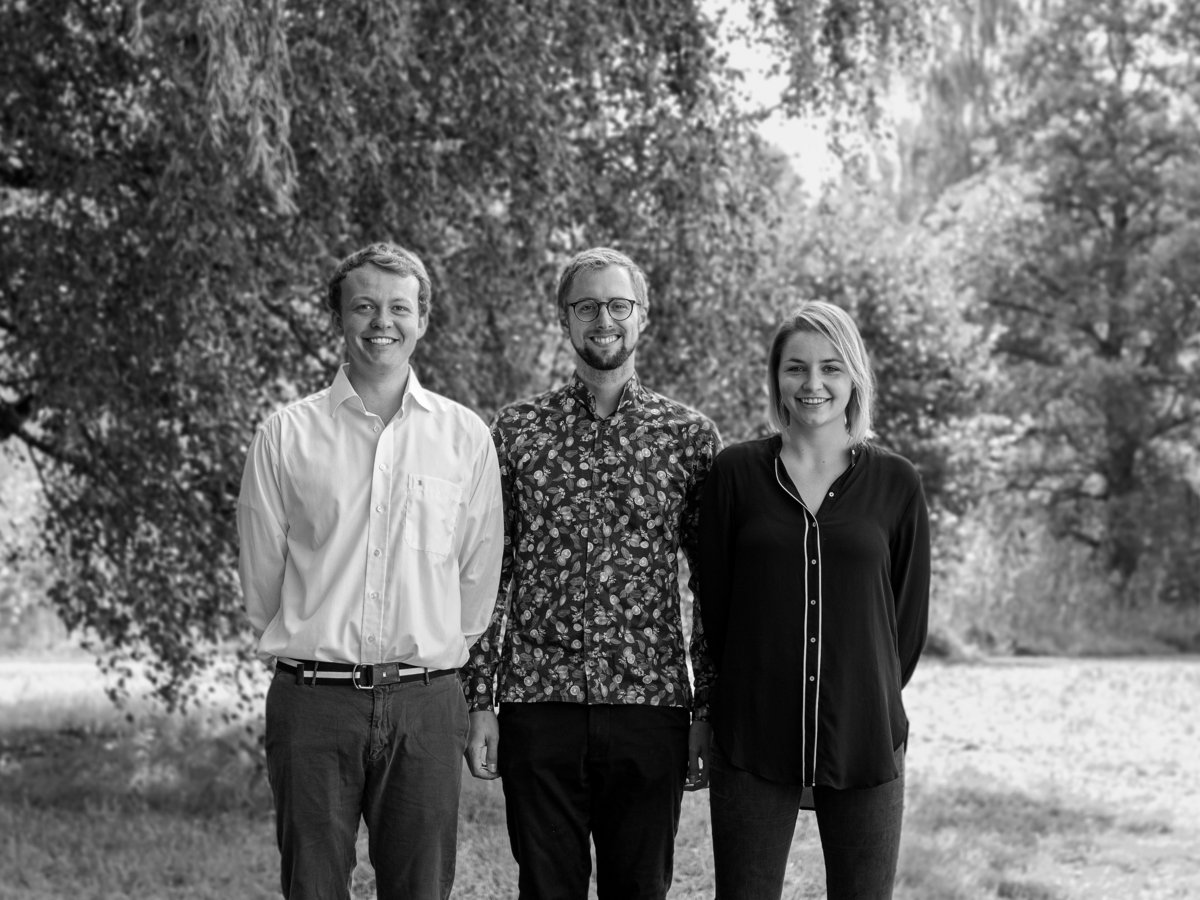
Startup "textada"
What are they doing?
In times of digitalisation, data and especially texts often have to be annotated to make of use the information they contain. Texts are read extensively for this purpose and relevant passages are marked with predefined categories. In view of steadily increasing data volumes and a growing demand for annotated texts, this process is becoming more and more expensive and time-consuming. textada offers a solution for this: they have developed an AI-assisted text annotation tool that drastically reduces manual annotation by suggesting and automatically assigning annotations.
Founders: Dr. Felix Hamborg, Franziska Weeber and Moritz Bock (Information and Data Sciences)
Contact: www.textada.org
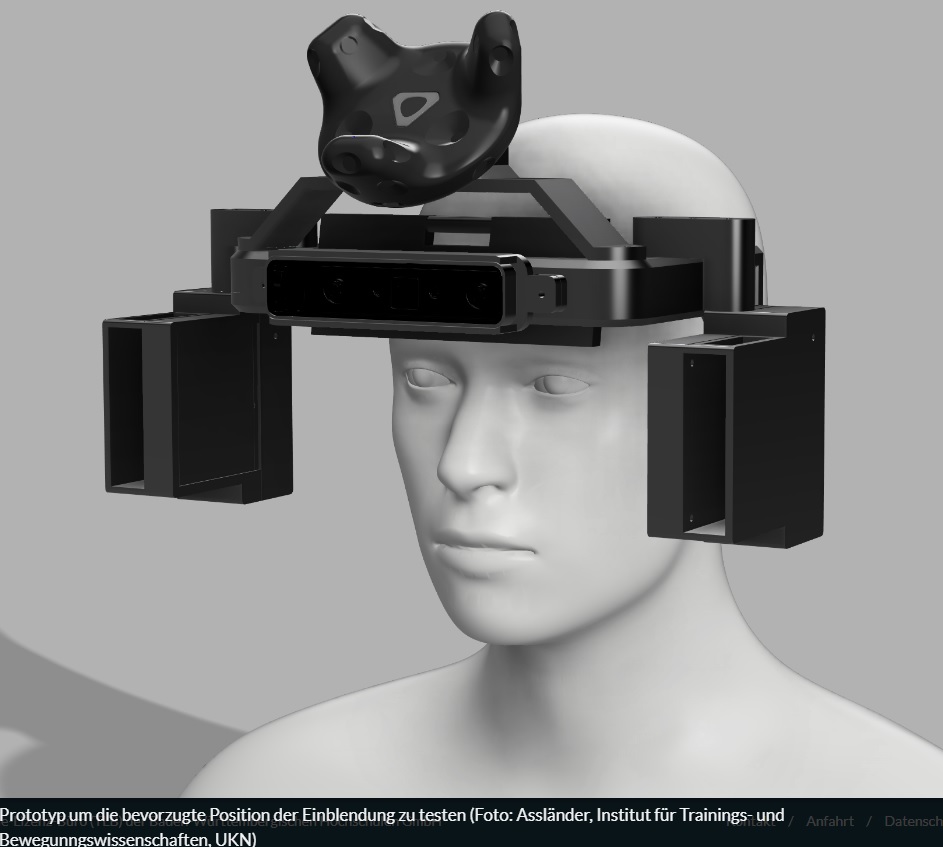
Transfer project and patent application "Augmented Balance"
What is it about?
The objective of the project is to develop and validate augmented reality (AR) glasses to improve visual orientation and to prevent falls.
Every third person older than 65 years falls at least once a year. About one out of ten falls leads to serious injuries such as fractures. Fall-related injuries lead to individual suffering and high costs (38 billion USD for hospitalizations in the US in 2010).
The idea is to project space-stationary patterns into the peripheral field of view. These Augmented Visual Orientation Cues (AVOC) mimic visual structures naturally integrated by the human visual system improving orientation and balance and thereby reducing the fall-risk.
A corresponding patent was applied for together with the University of Konstanz.
Involved researchers: Dr. Lorenz Assländer (sport science), Prof. Dr. Stephan Streuber (Virtual- and Augmented Reality), Mathias Albrecht (Computer and Information Science)
Contact: lorenz.asslaender@uni-konstanz.de
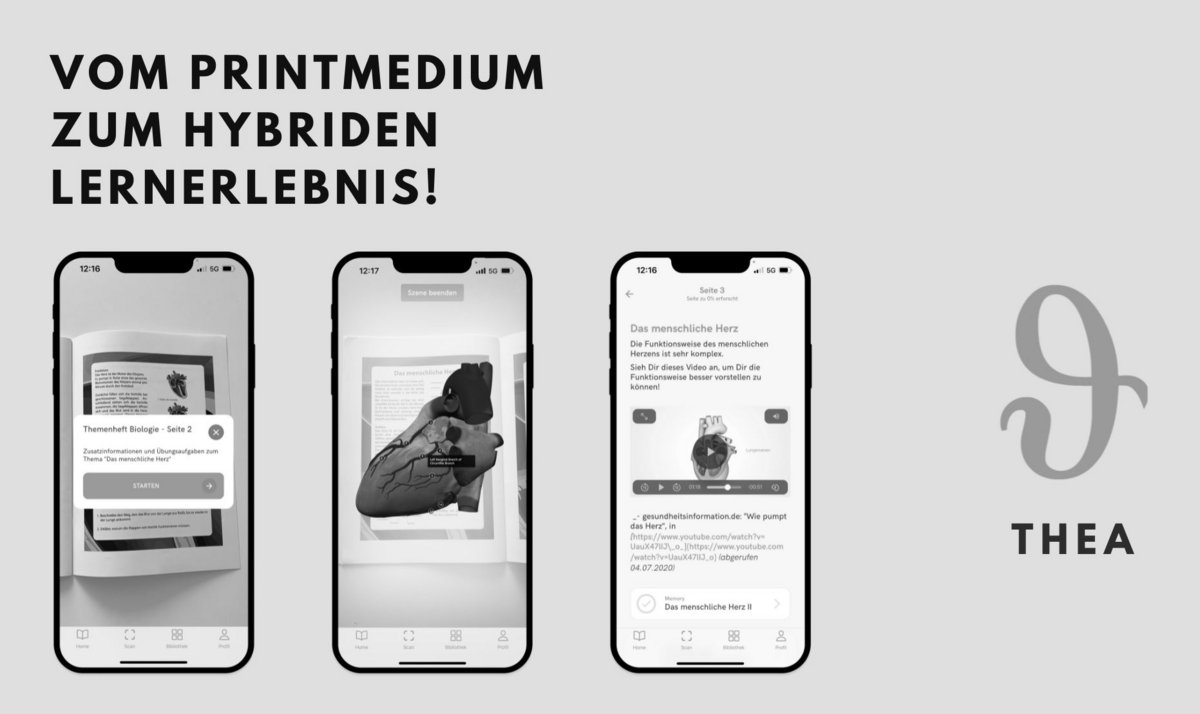
Start-up "thea"
What are they doing?
"thea" is an acronym for "technology helping education to advance" and that is exactly the mission of the start-up:
With the help of their authoring tool, education professionals can create digital content, share it with stakeholders in the education sector, and make it accessible wherever learning takes place.
Founders: Felix Weiß (Education) und Marius Lindenmeier (Information Science)
contact: www.thea-ar.de
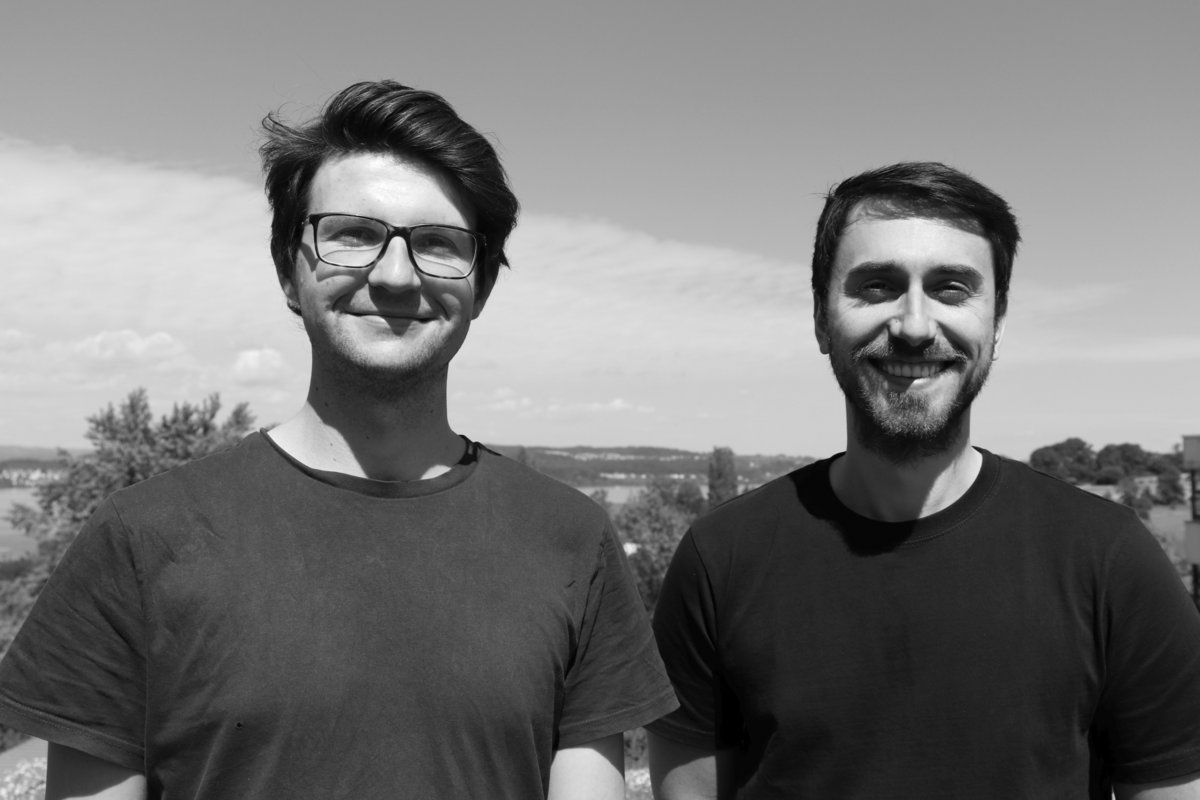
Transfer project "ChemUp"
Dicarboxylic acids are rather unknown but enormously important platform chemicals of the chemical industry. The many products made from them, such as plastics, coatings or surfactants, are also indispensable for industry and small and medium-sized enterprises. Until now, these important chemicals have only been produced from imported resources, mainly petroleum. The new process can now produce these chemicals from cheap plastic waste as a resource-saving raw material that is also available locally in abundance. In addition, it offers the possibility for the first time to produce particularly long dicarboxylic acids, which are in high demand but have not been available until now. The plan is to scale up the process from the basic level to the technical kilogram scale and also to develop its own end products. The product samples generated in this way can be used to approach a wide range of customers.
Involved Researcher: Dr. Manuel Häussler and Lukas Odenwald (Chemistry)
contact: manuel.haeussler@uni-konstanz.de; lukas.odenwald@uni-konstanz.de
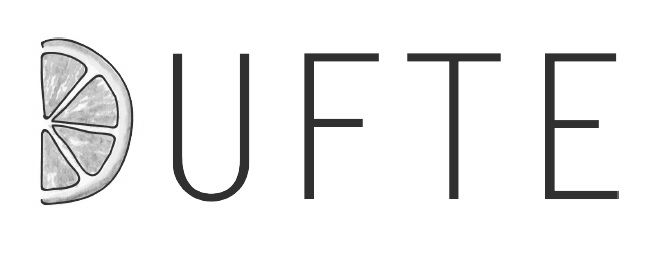
Transfer project "DUFTE"
What is it about?
DUFTE is a game and therapy tool for training the sense of smell and memory. You can either train only the smells and - according to the principle of memory - find two identical scents, or combine scent with picture or scent with word.
The product simplifies the therapy of olfactory disorders and loss of smell (e.g. as a result of Covid-19 diseases) in rehabilitation clinics. The product offers an olfactory training with play value that requires low staff input. Additionally, DUFTE is an olfactory offer for the occupational therapy sector, which has so far been dominated by motor, visual, and auditory aids.
Involved researcher: Dr. Eva Rottmann (Linguistics)
Contact: www.dufte.co
